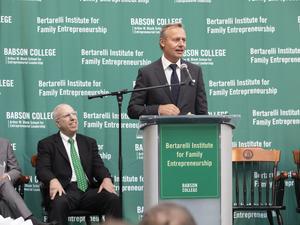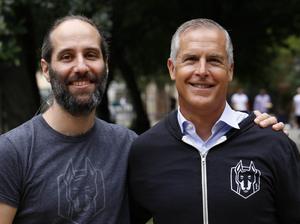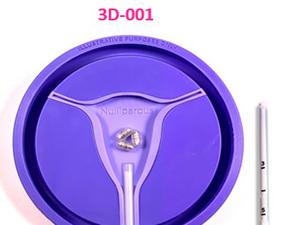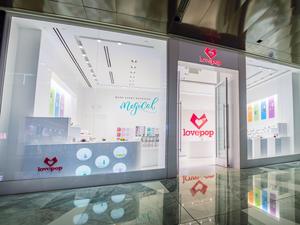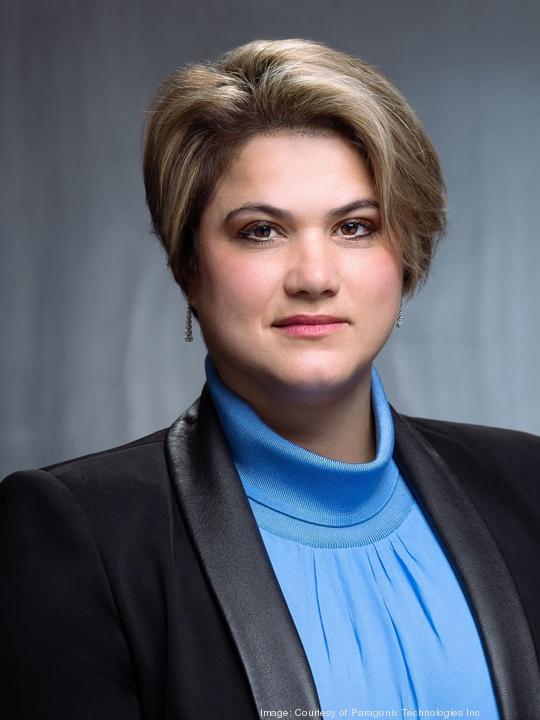
As a complex disease geneticist focused on type I diabetes, Lisa Anderson saw quite a few pancreases come through her lab. She was shocked to find that the organs brought to her at Harvard Medical School were coming in coolers filled with crushed ice.
“I was kind of looking at it from the standpoint of, we are in the 21st century and we are putting an organ that some donor selflessly left for a patient…and we’re placing these organs in an ice chest,” Anderson said. “Completely uncontrolled in terms of temperature, completely exposed to physical injury during transport and completely unmonitored.”
Anderson and her co-founders launched Paragonix Technologies Inc. in 2010 to develop medical devices to safely transport organs between donors and recipients. The company launched its first commercial device for hearts in July 2018.
Paragonix has just over 50 employees, about half of which are in Massachusetts. Anderson said the company does not share its funding amounts, but noted that the company is in the midst of raising a Series B round.
Anderson recently spoke with BostInno about the company’s expansion and new offerings since its first product launch and plans for the future.
This interview has been edited for length and clarity.
How do Paragonix’s transporters work?
If you put something in the fridge, it’s a very good preservation method. But the problem is, you can’t get there with the ice box method. You get too cold. What we have done with our technology is we have perfected that window of hypothermia into a very narrow band between four and eight degrees Celsius. And we really call it a system because you have the sterile cannister that protects the organ and makes sure that sterility is maintained throughout this entire process. And then we create an environment for this four-to-eight degrees Celsius hypothermia with a proprietary material that we use to get exactly to the right temperature during transport.
And then layering on top of that is a comprehensive digital offering so that we can provide real-time information on the environmental conditions of the organs. We can also provide information on exactly where the organ is with GPS tracking. And we can also provide a communication tool for the teams that are involved in an organ procurement and organ transport.
Paragonix recently launched a new update to its digital offering. Tell us more.
Because many organs travel with clinical teams, we needed an actual person being with the device to track the organ. Here we can do it independently of whether somebody is accompanying the device or not.
Since 2018, Paragonix has launched devices to transport donor hearts, lungs and liver. Why did you launch your devices in that order?
We did it based on need. There was really no technology for the clinical market for heart and nothing for lung. So we focused on those for our first products. For heart, we were actually the first company with an FDA clearance. So that just gives you an indication of how big the need was for this market.
How widespread are your devices in Boston and beyond?
We currently have three products on the market. One for heart, and this product currently transports one out of every three hearts. We have a product for lung. That product currently protects about one out of every 10 lungs transplanted in the United States. And then we just launched liver.
We work with all adult (transplant center) programs in Boston — MGH, Tufts and Brigham.
What market are you planning to target next for organ transport?
We’re really, really excited to provide an offering for kidney preservation to the clinical community. And we will be able to do so starting in Q1 of 2023. With our kidney offering, this will really transform our company because we will be able to have an offering for all transplant organs: heart, lung, liver and kidney. And kidney being the largest transplant market for us. So, this will provide the community with additional tools for kidneys and it will mean for the company that we’re entering an even steeper growth phase going forward.
